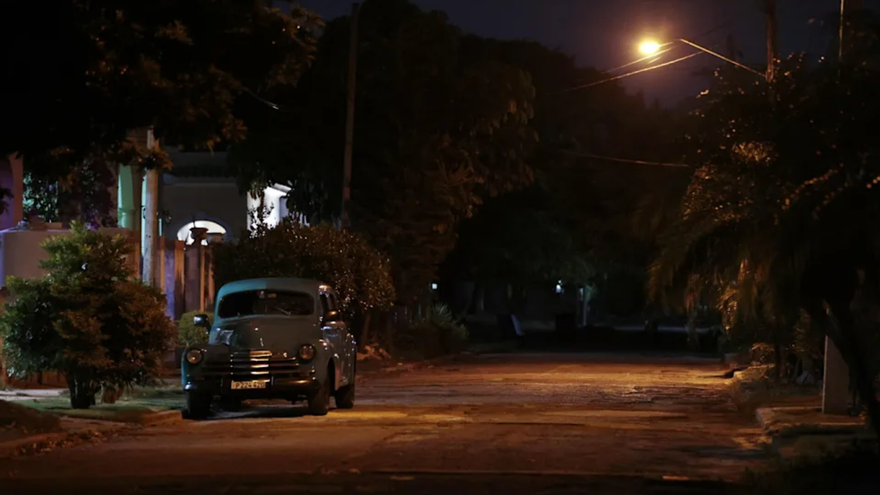
![]() 14ymedio, Havana, 20 July 2022 — Cuba faced one of its worst days of electricity deficit on Wednesday due to the increase in demand. The Electric Union of Cuba (UNE) has announced an availability of 2,499 MW, very insufficient due to the need for 3,000 MW planned for today on the island. In previous weeks, the shortage translated into 12% to 18%, due to the demand of about 2,500 MW, but today it reaches 24%.
14ymedio, Havana, 20 July 2022 — Cuba faced one of its worst days of electricity deficit on Wednesday due to the increase in demand. The Electric Union of Cuba (UNE) has announced an availability of 2,499 MW, very insufficient due to the need for 3,000 MW planned for today on the island. In previous weeks, the shortage translated into 12% to 18%, due to the demand of about 2,500 MW, but today it reaches 24%.
The state company also points out that yesterday the maximum impact was 694 megawatts, at 9:00 p.m., but that there were blackouts throughout the day.
The deficit and blackouts continue due to the breakdowns reported in three units of the Mariel thermoelectric power plant, two other units out of service due to damage to the Nuevitas thermoelectric power plant and one more in the Felton and Renté thermoelectric power plants.
Although blackouts have been common in Cuba for decades, in the last two years the situation has been aggravated by the pressing economic crisis, which has worsened the chances of maintaining and repairing the old thermoelectric plants. The last few weeks are further testing the patience of Cubans, especially outside Havana, where power outages are lasting for many hours.
“If you stay at home you die of the heat, and if you open the doors and windows the mosquitoes kill you,” complained a man about last Tuesday’s night blackouts. It’s difficult to rest because of the summer heat on the island, where temperatures exceed 97F degrees.
Summer rains and lack of fumigation have also caused mosquitos to multiply throughout the country, aggravated in the early hours of the morning by the fact that you can’t turn on the fan or close the windows to enjoy the air conditioning.
Last Monday, the Trotskyist Communists Collective complained that the authorities limit electricity cuts in Havana as much as possible and impose “long blackouts in the rest of the provinces of the country, mainly in regions where the protests of July 11 [2021] didn’t take place, or at least were weak.” On a daily basis, the brief statement of the UNE states that “all measures to restrict consumption in the state sector are implemented.”
But these restrictions and blackouts have led, in other places, to night protests such as those that occurred in Los Palacios, Pinar del Río, where the weariness of the population was demonstrated in the middle of a power outage through slogans such as the already known “Put on the power, goddamnit!” to the sound of banging on pots and pans.
The phrase was heard for the first time during another demonstration by the residents of the Camagüey University campus who had been without water and electricity for days.
The situation of blackouts and lack of electrical energy worsened after the fire at the Lidio Ramón Pérez Thermoelectric power plant, in Felton, located in Holguín, last Saturday that caused severe damage.
During the last days of May, Cuban President Miguel Díaz-Canel assured that the electricity situation would improve by the end of June. However, the deadline was met with new difficulties and more blackouts. The president postponed the “solution” until the end of this month.
Power outages were one of the factors that fueled social discontent last year in Cuba and led to the outbreak of ’11J’ (11 July 2021). Now, they are repeated throughout the island, along with the discomfort they cause in the population.
Translated by Regina Anavy
____________
COLLABORATE WITH OUR WORK: The 14ymedio team is committed to practicing serious journalism that reflects Cuba’s reality in all its depth. Thank you for joining us on this long journey. We invite you to continue supporting us by becoming a member of 14ymedio now. Together we can continue transforming journalism in Cuba.
